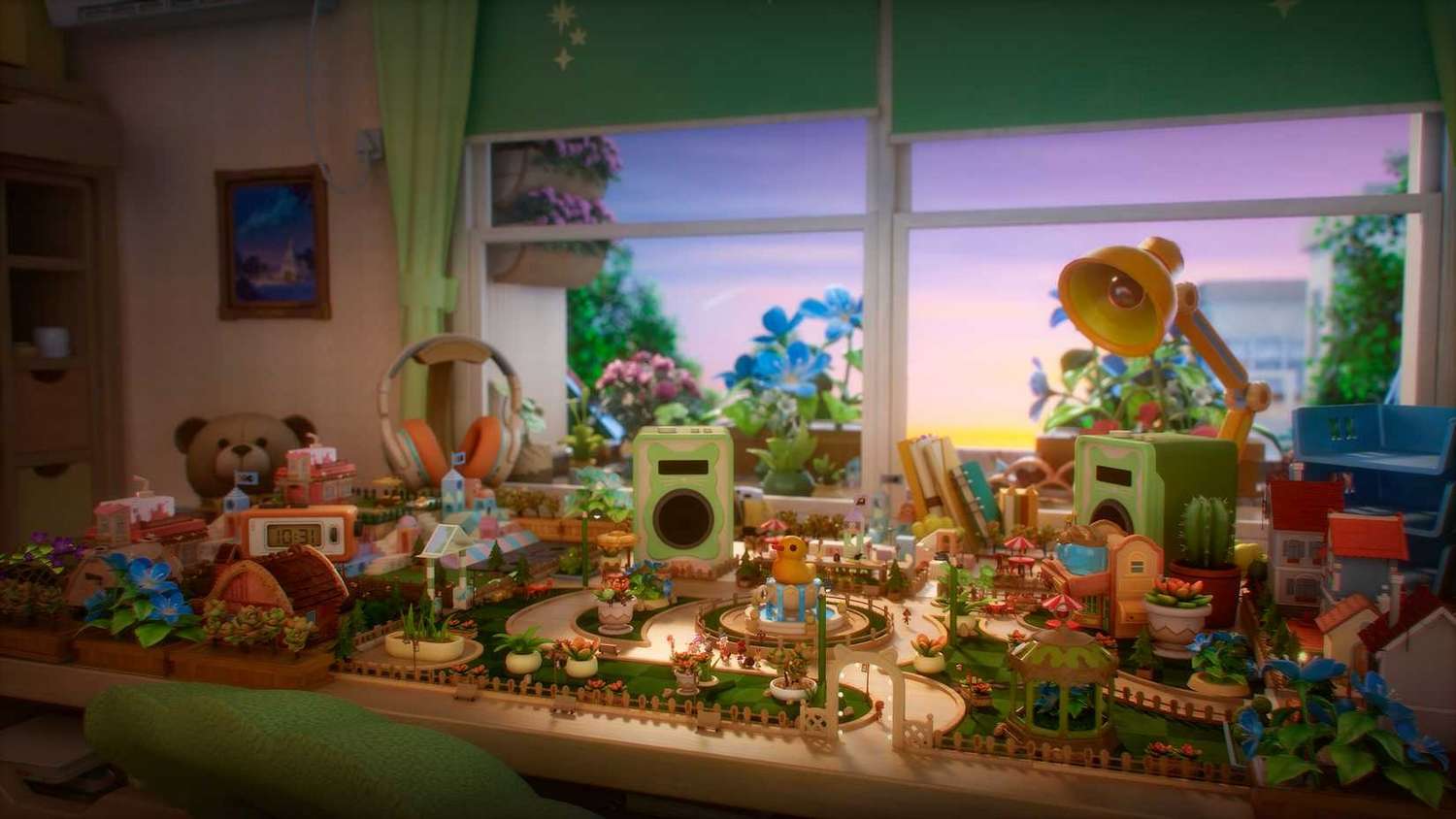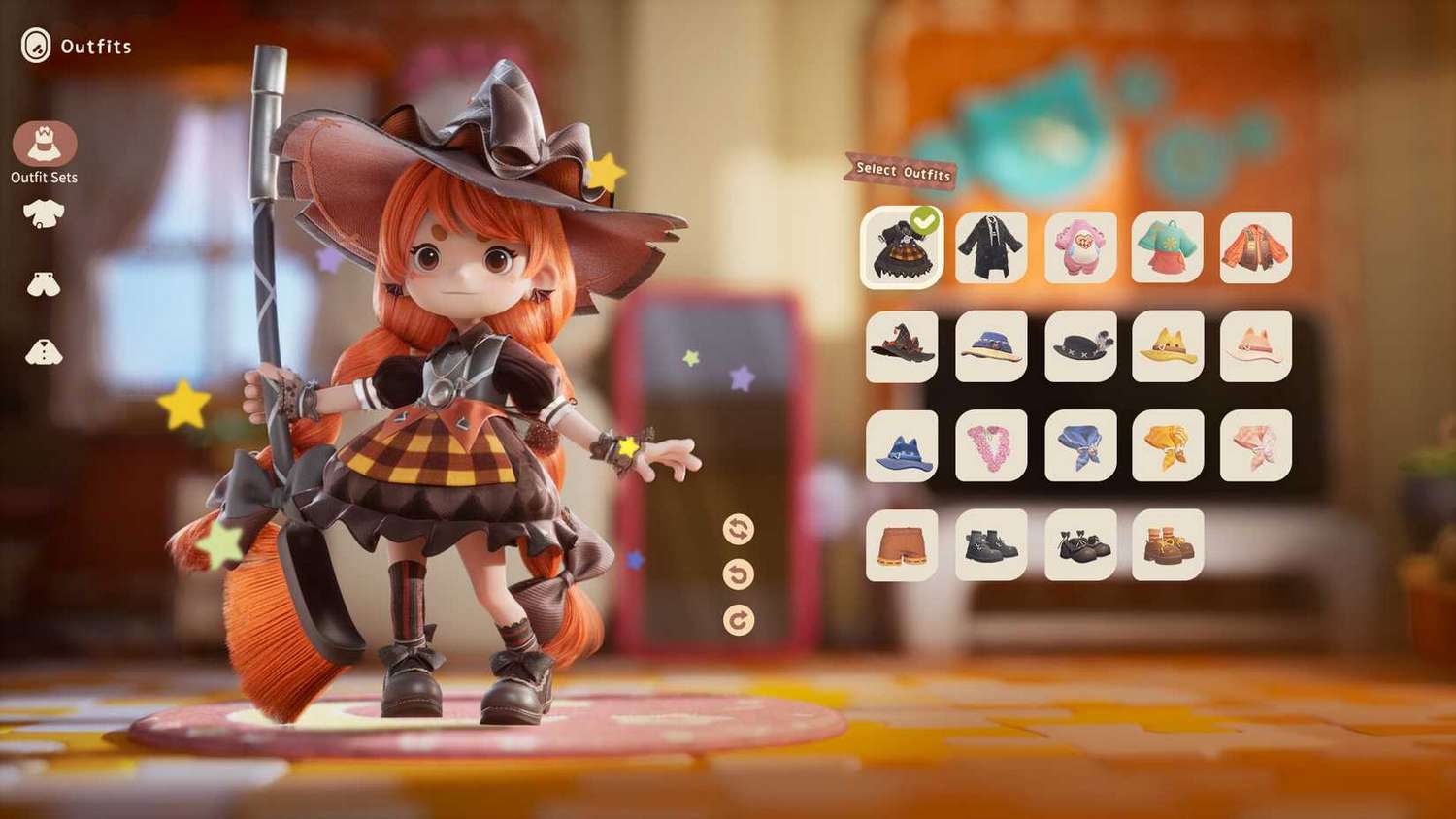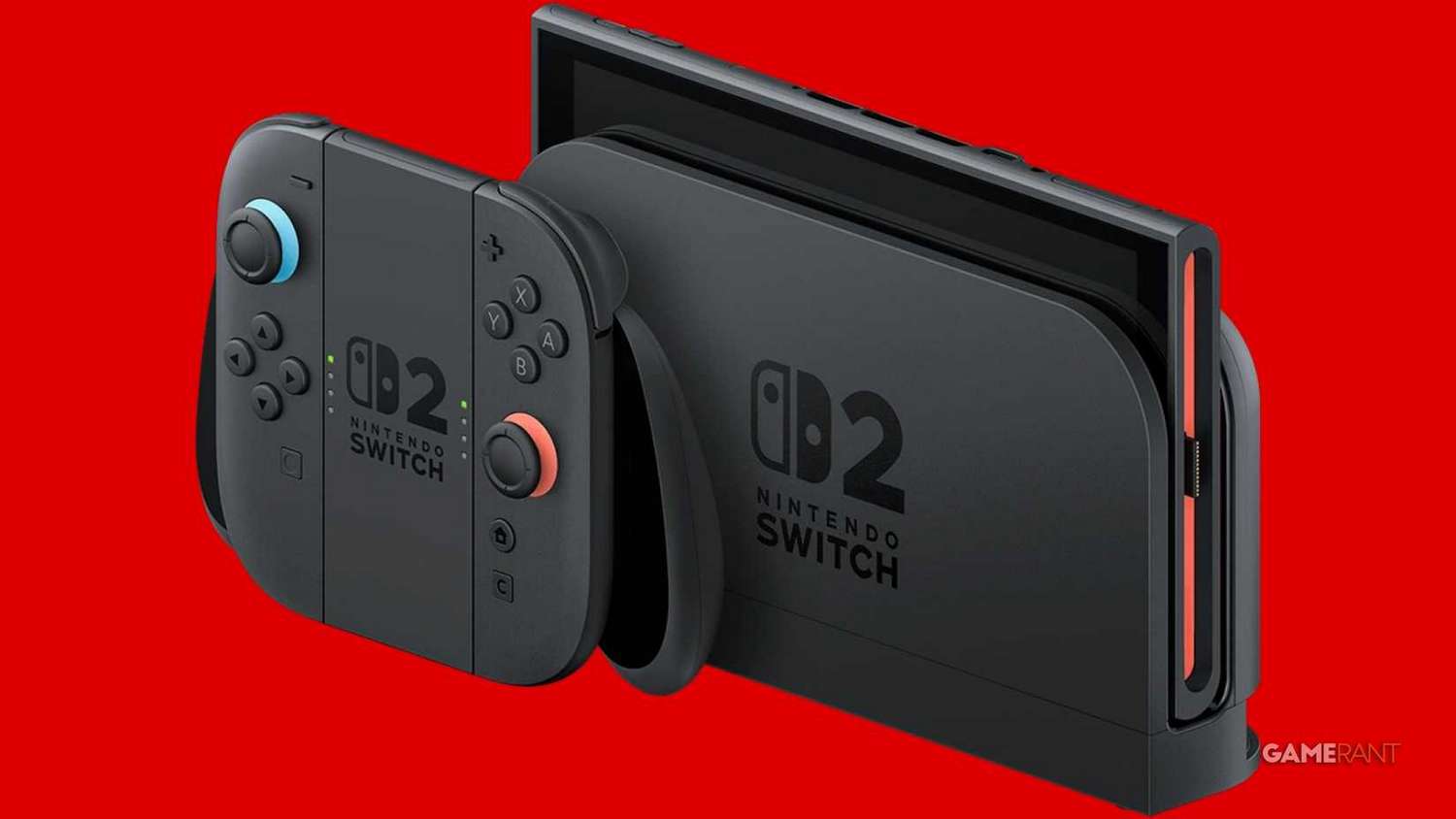HoYoverse’s Petit Planet Emerges as a Major Animal Crossing Competitor: What Nintendo Needs to Worry About in 2025
Popular Now
 BeamNG.drive
BeamNG.drive
 Schedule I
Schedule I
 Geometry Dash
Geometry Dash
 Free Fire Max
Free Fire Max
 Rust
Rust
 Fall Guys
Fall Guys
 Stumble Guys
Stumble Guys
 Sonic the Hedgehog™ Classic
Sonic the Hedgehog™ Classic
 League of Legends
League of Legends
 Brawl Stars
Brawl Stars  It’s Obvious Now: This Animal Crossing-Like is Poised to Go Head-to-Head With Nintendo
It’s Obvious Now: This Animal Crossing-Like is Poised to Go Head-to-Head With Nintendo
The cozy life simulation genre, long dominated by Nintendo’s flagship Animal Crossing franchise, is bracing for a seismic shift. The emergence of HoYoverse’s Petit Planet is not merely another indie homage; it represents a direct, well-funded challenge to the established order. This new title, from the powerhouse studio behind Genshin Impact and Honkai: Star Rail, carries the undeniable potential to carve out a massive piece of the high-CPC “cozy gaming” and life simulation game market, a segment currently defined by Nintendo’s platform exclusivity.
This article will delve into the strategic advantages Petit Planet possesses, analyze its positioning in the competitive gaming landscape, and explore why Nintendo’s Switch exclusivity model may finally become a critical vulnerability.
The Petit Planet Advantage: Cross-Platform Power and Financial Backing
Nintendo’s Animal Crossing: New Horizons owes much of its monumental success to its charm, its real-time clock mechanics, and, critically, its status as a must-have Nintendo Switch game. However, HoYoverse’s latest IP enters the arena with a fundamentally different, and arguably superior, distribution model: true cross-platform availability. Announced for PC and Mobile with a strong indication of console releases, Petit Planet instantly accesses a user base exponentially larger than the one tied to a single console.
Key Strategic Differentiators:
- Accessibility: By being available on PC Gaming and mobile platforms from the outset, Petit Planet removes the high barrier to entry posed by the necessity of owning a Nintendo console. This strategy immediately targets the vast pool of players seeking an immersive life-sim experience without the hardware investment.
- Monetization Expertise (CPC Keywords): HoYoverse is a global leader in the free-to-play model, skillfully employing live service games with robust cosmetic and content updates. Their experience ensures Petit Planet is designed for long-term engagement and high-value player transactions, placing it squarely within the most profitable segment of the digital entertainment industry. Expect high-value search terms like “best life simulation games 2025,” “cozy games PC,” and “multiplayer decorating game” to see significant competition.
- Development Scale: Unlike many Animal Crossing alternatives that originate from smaller indie studios, Petit Planet benefits from the vast resources and technical polish that only a top-tier global developer can provide. The initial trailer already showcases a visual fidelity and complexity in the world-building that aims to set a new industry benchmark.
Analyzing the Gameplay Loop: Creation, Discovery, and Community
While definitive, in-depth gameplay details remain under wraps, HoYoverse has explicitly stated that Petit Planet will “blend the joy of creation, discovery, and community-oriented experiences.” This is a direct echo of the core pillars that make Nintendo’s life-sim so enduring, but with a clear intent to innovate and expand.
Early speculation suggests several features that could surpass the current limitations of Animal Crossing:
- Advanced Customization Tools: Leveraging modern PC and mobile hardware, Petit Planet is anticipated to offer much deeper, more granular creation tools for homes, landscapes, and even character appearance, surpassing the often-cited restrictions of the Switch-exclusive title.
- Dynamic Open-World Elements: The HoYoverse blueprint often involves expansive, explorable worlds. If Petit Planet translates this to a cozy environment—perhaps with seamless exploration between player planets or customizable zones—it would offer a sense of scale absent in Nintendo’s island model.
- Robust Social and Multiplayer Systems: HoYoverse’s established infrastructure for massive online communities is a distinct advantage. A more integrated, persistent, and feature-rich multiplayer experience—perhaps beyond simple island visits—could transform the genre, making it a true MMO-lite life-sim. This is a massive draw for players searching for “games to play with friends online” and “best cooperative games.”
Nintendo’s Stagnation: A Vulnerability Exploited
The success of Animal Crossing: New Horizons (ACNH) was unprecedented, but the game is now several years old. While its charm remains, the absence of continuous, major content updates has left a void in the market. This gap provides the perfect window for a fresh, feature-rich competitor like Petit Planet to enter.
The Threat to Nintendo’s Revenue Stream:
- Hardware Lock-In Erosion: The single biggest strength of Animal Crossing is its ability to drive Nintendo Switch hardware sales. If a compelling, high-quality alternative exists on PC and mobile, the incentive for a consumer to purchase a dedicated console solely for the life-sim experience plummets. This impacts not only software sales but the entire Nintendo ecosystem.
- Loss of High-Value Player Segments: Players who spend heavily on microtransactions, known as ‘whales’ in the industry, are often more likely to gravitate towards games with continuous, high-quality paid content—a model HoYoverse has perfected. This is a critical factor for investing in video games and observing gaming stock performance.
The industry’s focus is now firmly fixed on 2025. With other strong contenders like Fantasy Life i: The Girl Who Steals Time and Hello Kitty Island Adventure also entering the ring, the cozy life simulation category is poised for its most intense competitive period yet. However, the sheer might and strategic positioning of HoYoverse’s Petit Planet make it the undeniable frontrunner in the race to unseat the Animal Crossing behemoth.









 It’s Obvious Now: This Animal Crossing-Like is Poised to Go Head-to-Head With Nintendo
It’s Obvious Now: This Animal Crossing-Like is Poised to Go Head-to-Head With Nintendo
